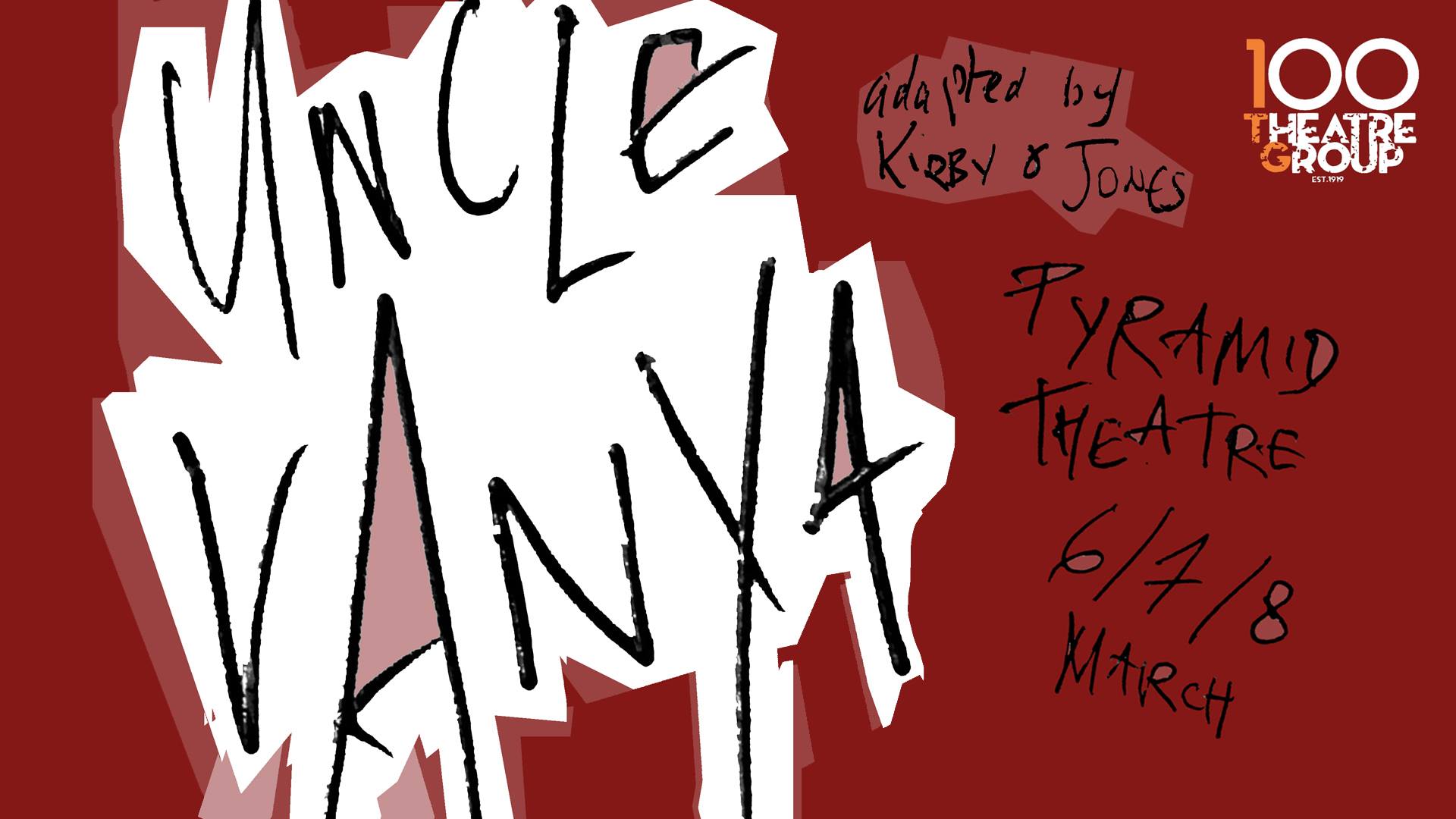A man stands alone above a covered body in a dark pub. The stage around him is dark except for a single, cold, beam of light that illuminates a sorrowful opening lament. There is a moment of silence, then the scene bursts into life as the body reveals itself not to be a corpse but the hungover figure of the play’s titular character. From a few moments of serious stillness, the play moves into a spectacle of bawdy comedy and biting tragedy.
Modernising a play over a hundred years old can prove a difficult task even for the most experienced of theatre groups. Despite this, the Leeds University Union Theatre Group don’t miss a beat in transforming a late 19th-century piece of Russian literature into something familiarly 21st century and British. From the self-referential mocking of amateur theatre to the tongue-in-cheek jabs at MPs to a sobering reference to the very real homeless crisis we are facing in Britain, the Theatre Group do a great job of placing ‘Uncle Vanya’ in today’s world.
Every member of the cast did a fantastic job of bringing the comedy out of Chekhov’s classic; each joke was well delivered and expertly timed with not a single weak performance during the entire show. The elder characters (played by Joseph Callaghan and Yasmin Rapley) in particular shone during their respective moments in the limelight, never failing to get a hearty laugh and applause from the crowd even when following some of the more serious and tragic scenes.
With any tragicomedy, the line between tragedy and comedy must be approached carefully or else the two can lessen the effect of the other. Thankfully, the Theatre Group do a great job of negotiating that line and aren’t afraid to move from a comedic scene, into a tragic one, and then back into a comedic one again without losing any sense of cohesion or any comedic or tragic value in the process.
Many theatre-goers will be familiar with Chekhov’s gun, the idea put forward by Anton Chekhov himself whereby every element of a good story should contribute to the piece as a whole. He uses the example of a rifle hanging on a wall in a play, stating that if it is to hang for the play’s first act, it later “absolutely must go off”. Clearly someone in Theatre Group was paying attention as Chekhov’s gun is replaced with Chekhov’s pharmacy bag and Chekhov’s omniscient-patron-sitting-quietly-in-the-corner which find themselves placed quietly in plain sight for the audience to ponder from the play’s opening till they come of use in its dramatic conclusion.
From the bawdy humour of watching three drunk characters sing about how much they adore women to the precisely queued special effects, Theatre Group’s Uncle Vanya is a labour of love that does justice to the work of classic theatre. The show saw the audience laugh at every joke, choke up during the more upsetting scenes, and turn away in disgust during some squeamish moments. This anglicised adaptation of Chekhov’s work is both style and substance and a joy from start to finish.

